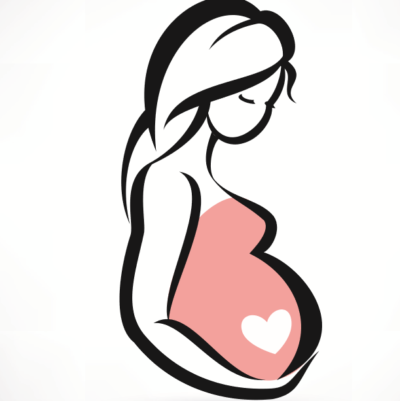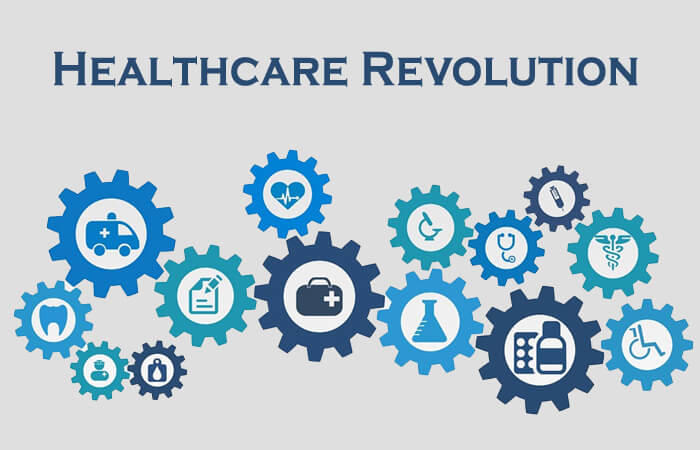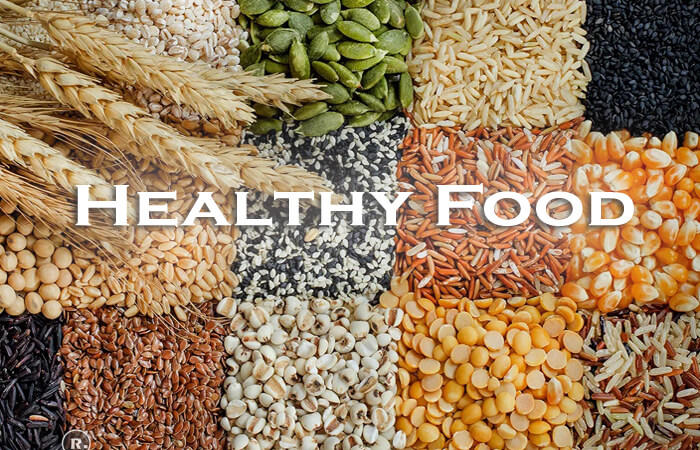Vitamin A Deficiency During Pregnancy

Vitamin A is particularly essential for pregnant women
According to a recent study, Vitamin A deficiency is linked to brain development and Alzheimer’s risk. Vitamin A deficiency (VAD) or hypovitaminosis A is a lack of vitamin A in blood and tissues.
Vitamin A is important for visual health, immune function and fetal growth and development. Vitamin A deficiency is a public health problem in many parts of the world, particularly in Africa and South-East Asia.
It can cause visual impairment in the form of night blindness and, in children, may increase the risk of illness and death from childhood infections, including measles and those causing diarrhea.
But a recent study reveals that “Alzheimer’s may begin in the womb because mums are short of crucial vitamin, scientists warn,”.
Pregnant women should be encouraged to receive adequate nutrition, which is best achieved through consumption of a healthy balanced diet. Vitamin A is important for your baby’s embryonic growth, including the development of the heart, lungs, kidneys, eyes, and bones as well as the circulatory, respiratory, and central nervous systems. Pregnant women, in particular, should not take vitamin A supplements as it can cause birth defects.
The requirements of vitamin A are increased during pregnancy. A daily intake of 800 μg retinol equivalents was recommended as a safe level of vitamin A for pregnant women.
Vitamin A is particularly essential for women who are about to give birth because it helps with postpartum tissue repair. It also helps maintain normal vision, fights infections, supports your immune system, and helps with fat metabolism.
Vitamin A is found in significant amounts only in animal products like liver and grass-fed dairy. You’d have to eat a huge amount of beta-carotene from plants to meet vitamin A requirements during pregnancy.
Vitamin A is found in dark green and yellow vegetables and yellow fruits, such as broccoli spinach, turnip greens, carrots, squash, lettuce, sweet potatoes, pumpkin, cantaloupe, and apricots, and in animal sources such as liver, milk, butter, cheese, tropical fruits, fish, and whole eggs.
Suggested Read: Ten Skin Problems Of Pregnancy






